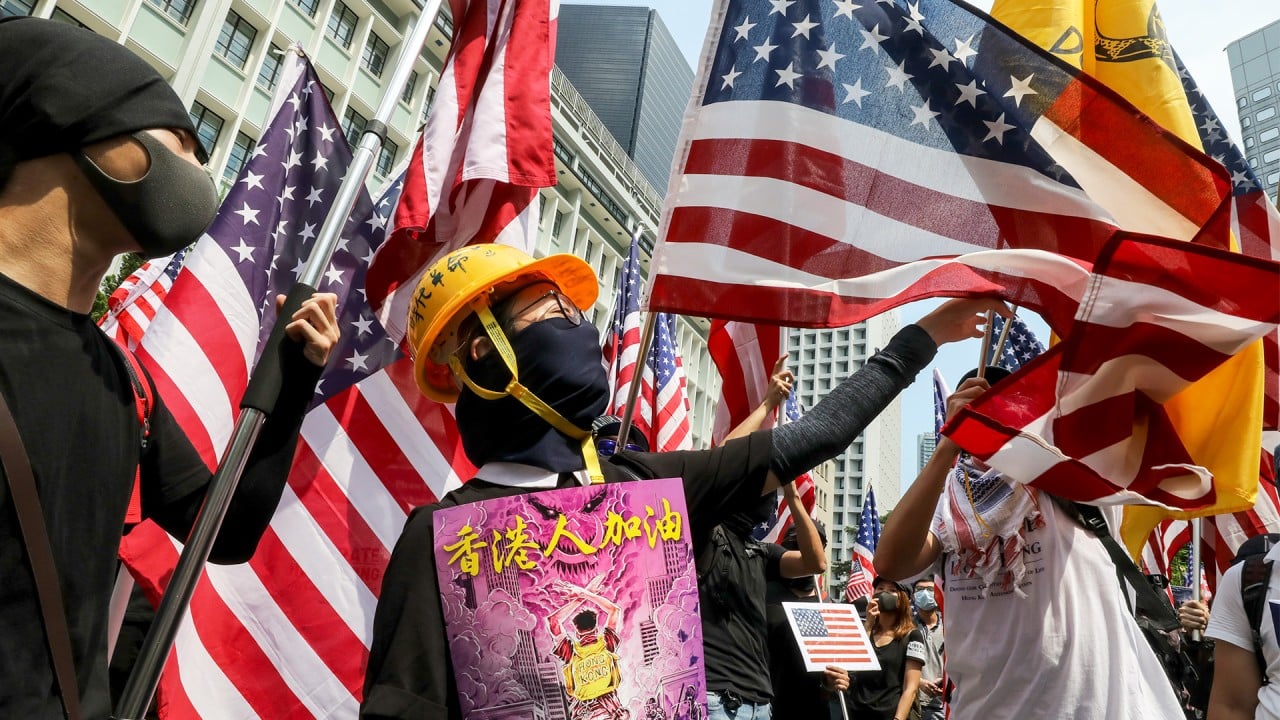
Why US business expansion is powering ahead in China, despite tensions
- Major US financial institutions are expanding in China, despite strained US-China relations and Beijing’s tightened control over the economy
- And, whatever their differences, both Washington and Beijing seem to welcome the expansion efforts
“China represents one of the largest opportunities in the world for many of our clients and for JPMorgan Chase,” Jamie Dimon, the bank’s CEO, said in a statement. “Our scale and global capabilities give us a unique ability to help Chinese companies grow internationally and also support global investors as they expand into China’s maturing capital markets.”
It is also worth noting that the US bank had separately received approval last year to take full control of its futures business in China, besides reaching an agreement to buy out its asset management joint venture partner on the mainland.
China takes pointers from Mao in protracted power struggle with US
These are big commitments by a major US financial institution to the Chinese market, even though China-US relations remain rocky.
Nor is JPMorgan alone. Other major US financial institutions are also making new investments in China. BlackRock won a licence to open a wholly foreign-owned mutual fund company in China in June. The CSRC has now also granted approval for Fidelity International to do so.
That doesn’t mean US firms are blind to the geopolitical situation or the risks of doing business in China. Indeed, speaking from JPMorgan’s perspective, Dimon was quite candid about such matters in an August 4 interview with Maria Bartiromo on the Fox Business channel.
Emphasising that the US bank does business in 100 countries, Dimon made the point that JPMorgan does that business “under the laws of those lands and under the law of America as they apply”.
Is China working a ‘long game’ to replace US as No 1 power?
Additionally, “When we do something in a foreign country, we follow American foreign policy,” Dimon said. “… American foreign policy wants a JPMorgan to properly expand to serve American companies, other companies and to be part of that. At the point in time when they decide they don’t want us to do it, we simply will not do it.”
That doesn’t mean to say such US business expansion into China can be done lightly or without risk.
“We know what the rules are in China,” Dimon told Bartiromo. “That does not mean I like them. We just sign with our eyes open.”
When asked in the Fox Business interview how much money JPMorgan had lost on the Didi Global deal, Dimon’s response was telling. “It’s life in the fast lanes,” he said.
Investing in China may well be life in the fast lanes, and Beijing-Washington relations will remain complex, but the fact is that business opportunities in China are just too big for Western investors to ignore.
Neal Kimberley is a commentator on macroeconomics and financial markets



